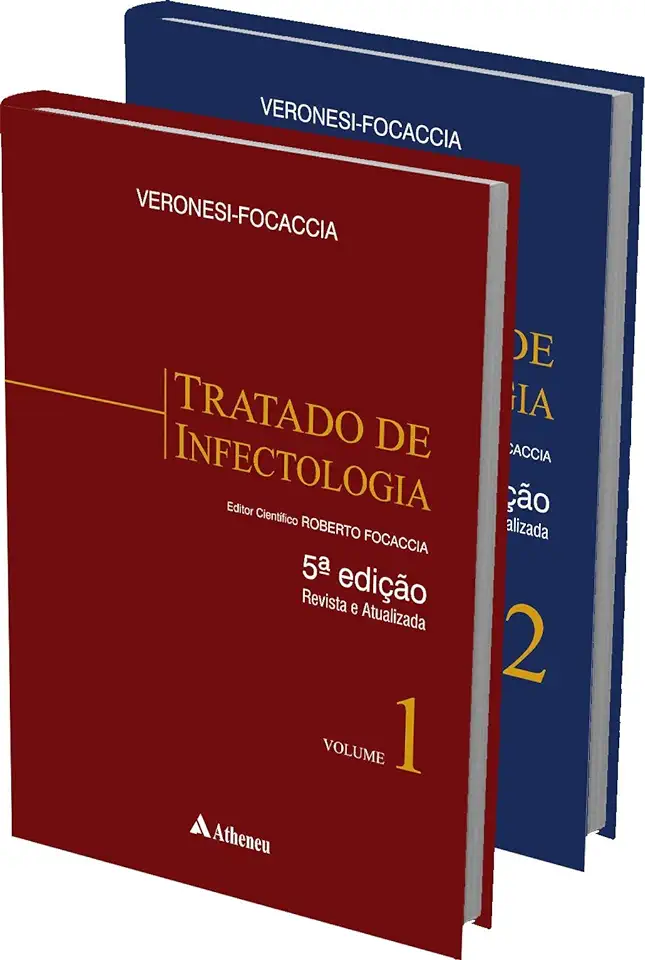
Infectious Diseases - Ricardo Veronesi and Roberto Focaccia
Infectious Diseases: A Comprehensive Guide to Understanding and Preventing Infections
Introduction
Infectious diseases are a major global health concern, causing millions of deaths each year. In this comprehensive guide, renowned experts Ricardo Veronesi and Roberto Focaccia provide a deep dive into the world of infectious diseases, offering a wealth of knowledge and practical insights for healthcare professionals, students, and anyone interested in safeguarding their health.
Understanding Infectious Diseases
The book begins by introducing the fundamental concepts of infectious diseases, including their causes, transmission mechanisms, and impact on human health. Veronesi and Focaccia explore the diverse range of infectious agents, from bacteria and viruses to fungi and parasites, and explain how they interact with the human body to cause disease.
Prevention and Control
A significant portion of the book focuses on the crucial aspects of preventing and controlling infectious diseases. The authors discuss effective strategies for personal hygiene, immunization, vector control, and environmental sanitation. They also delve into the importance of public health measures, such as surveillance, outbreak investigation, and international collaboration, in preventing the spread of infectious diseases.
Clinical Manifestations and Diagnosis
Infectious Diseases provides a comprehensive overview of the clinical manifestations of various infectious diseases. Veronesi and Focaccia describe the signs and symptoms associated with different infections, aiding healthcare professionals in accurate diagnosis and timely treatment. The book also covers diagnostic techniques, including laboratory tests, imaging studies, and molecular diagnostics, empowering healthcare providers to make informed decisions.
Treatment and Management
The book explores the diverse treatment options available for infectious diseases, ranging from antimicrobial agents and antiviral drugs to antifungal medications and antiparasitic therapies. Veronesi and Focaccia discuss the mechanisms of action, indications, and potential adverse effects of these treatments, guiding healthcare professionals in selecting the most appropriate therapeutic approach for each infection.
Emerging and Re-emerging Infections
Infectious Diseases dedicates a section to emerging and re-emerging infections, which pose significant challenges to global health. The authors provide insights into the factors driving the emergence of new infectious diseases, such as climate change, globalization, and antimicrobial resistance. They also discuss strategies for surveillance, early detection, and rapid response to contain and mitigate the impact of these emerging threats.
Conclusion
Infectious Diseases by Ricardo Veronesi and Roberto Focaccia is an indispensable resource for anyone seeking a comprehensive understanding of infectious diseases. With its wealth of knowledge, practical guidance, and engaging writing style, this book is a must-have for healthcare professionals, students, and anyone committed to safeguarding their health and well-being.